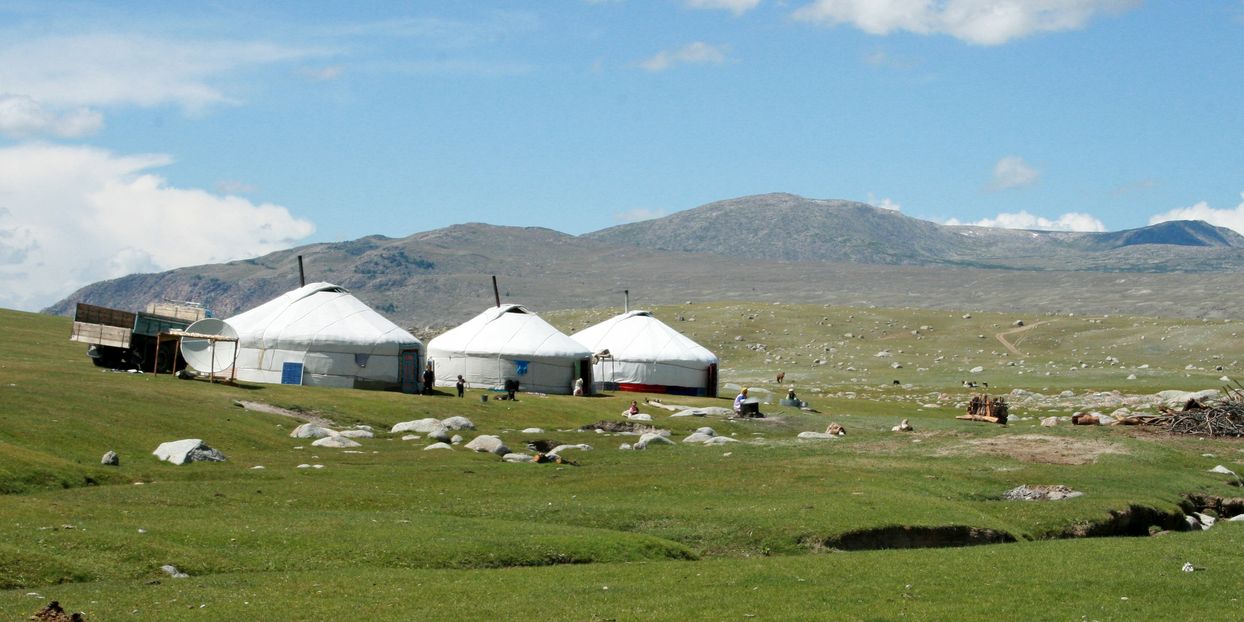
Digitale Frühwarntechnologien für Klimakrisenmanagement und landwirtschaftliche Wende in Zentralasien (DETECCT)
Growing population and land degradation make food security a development challenge in many world regions. Except for Kazakhstan, also grain consumption in Central Asia highly depends on imports. One problem is the underdeveloped agricultural sector, which is rather sensitive to environmental risks like rainfall variability. The project DETECCT addresses the question, to what extend the digital revolution in agriculture could contribute to a solution for dealing with growing climate risks. While digital technologies find various application in developed agricultural sectors of Western countries, its dissemination in developing countries is slow. Amongst others, different social and climatic conditions require considerable adaptions.
The project DETECCT aims to conduct a feasibility study for an early warning tool for climate risks in agriculture identifying need, time and location of external intervention. The core objective is to test under which circumstances and settings freely available satellite data provides reliable information on droughts and socioeconomic crisis indicators.
To further this aim, we plan to employ a novel combination of remote sensing data, drone imagery and socio-economic household data. In the first step, we test the accuracy of satellite data and drone images in terms of predicting the severity of drought on regional level. In the second step, satellite and drone data is combined with household data to quantify drought consequences for rural livelihood.
The results of this project are aimed to be a starting point for the development of an early warning tool for the target area. Target groups for such an application are governments of the concerned countries, NGOs and other agricultural stakeholders.
Worth knowing
In addition to the DETECCT project, the IAMO project KlimALEZ also contributes to the development of new digital tools for drought risk management at the operational and political level to help cope with increased climate risks.
Participating Institutes
Leibniz Institute of Agricultural Development in Transition Economies (IAMO)
Potsdam Institute for Climate Impact Research (PIK)
Leibniz Centre for Agricultural Landscape Research (ZALF)
Leibniz Institute of Vegetable and Ornamental Crops (IGZ)
Publications
Kuhn, Lena, Ihtiyor Bobojonov, and Thomas Glauben (2018): Landwirtschaft in Zeiten der Dürre: Wie Digitalisierung ein nachhaltiges Risikomanagement unterstützen kann. IAMO Policy Brief No. 35.
Contact
Prof. Dr. Thomas Glauben (IAMO)
Project term
06/2018 - 05/2020
